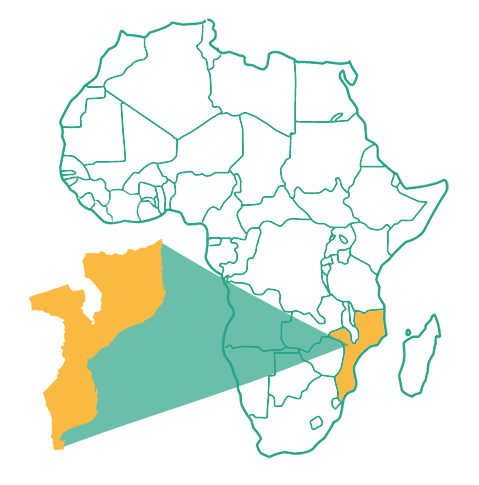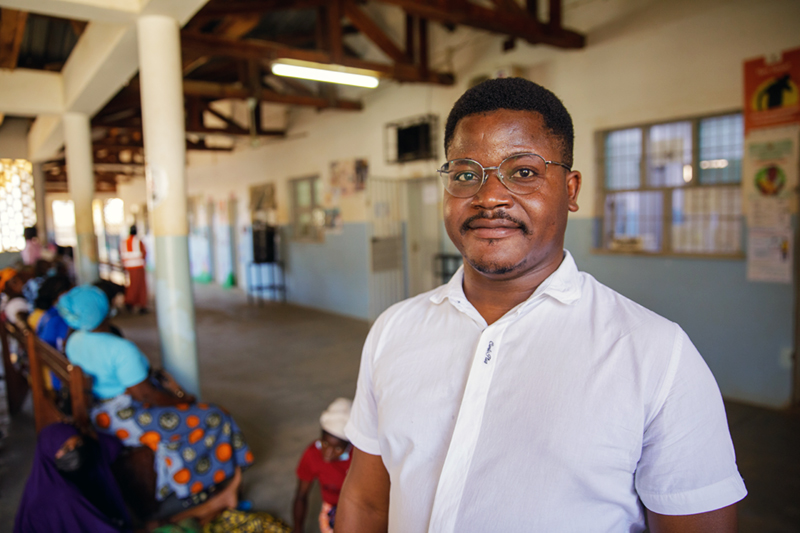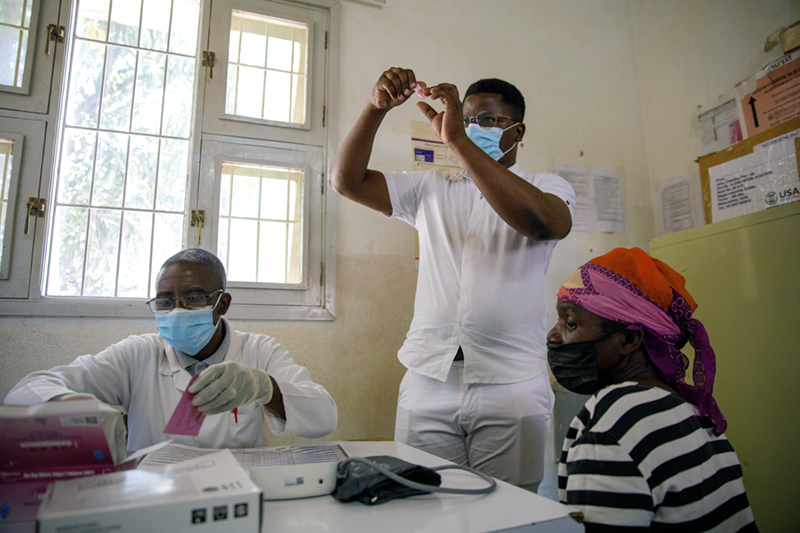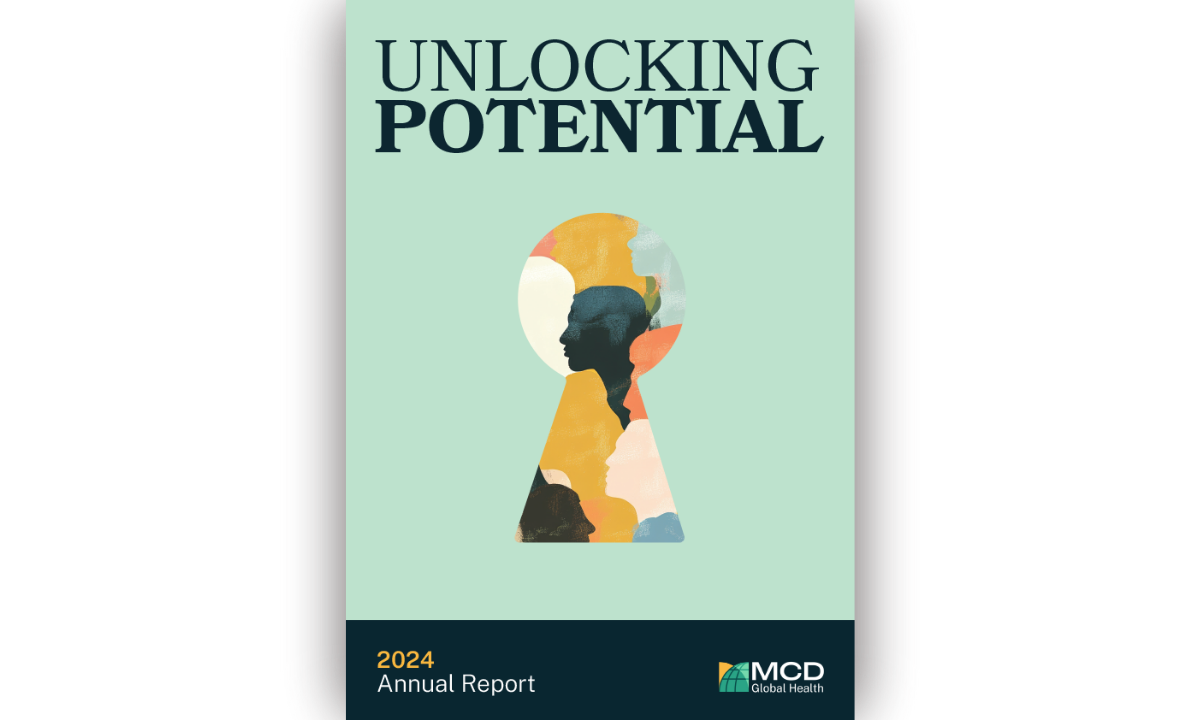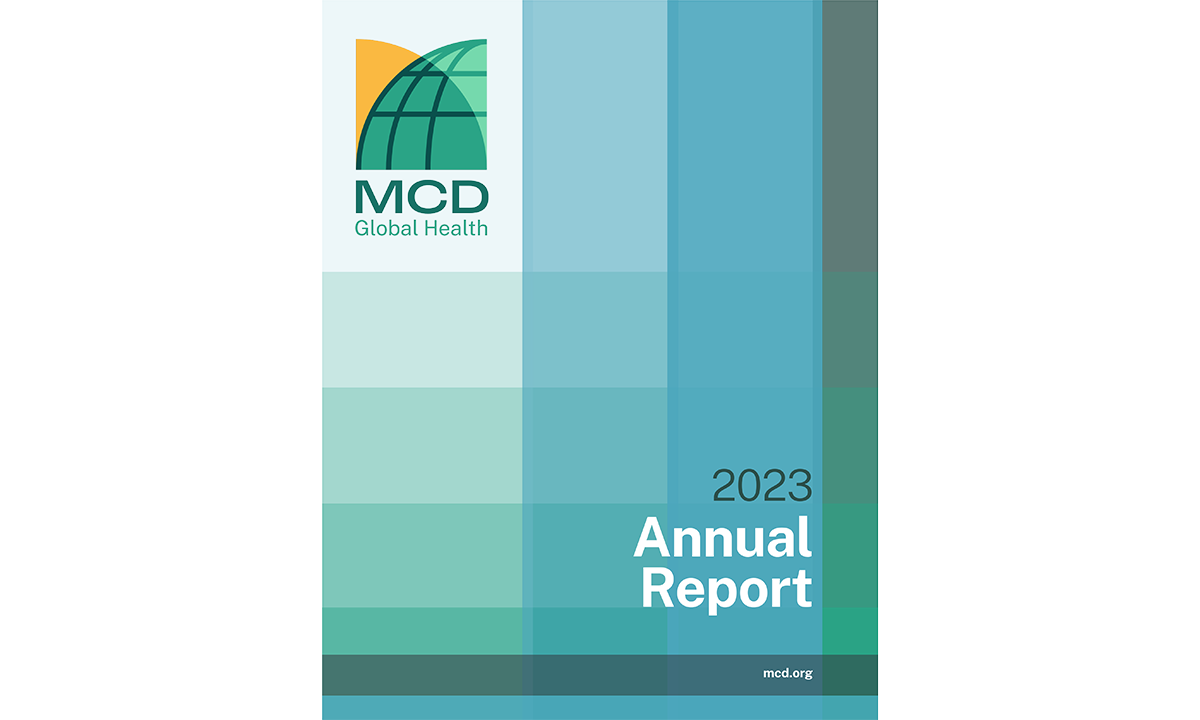“When rapid tests [for malaria] are carried out in the consultation room, those remain positive for about 28 days even after the malaria has been treated. If we don’t check the patient's history, there is the risk of testing a case that has already tested positive,” said Rafael.
Seeing positive test results again from patients who have had previous malaria infections can result in duplicative cases and possibly not managing the actual cause of disease. In such situations, the patient has to be tested by malaria microscopy instead of malaria rapid diagnostic tests (RDTs).
Rafael’s role within the PMI MCAPS Program is to monitor the case management of patients — from their entry to their exit from the health unit – and to ensure that every step is completed per best practices and national guidelines. Having gaps and duplications in patients’ clinical histories makes it difficult to handle malaria cases, resulting in a lower quality of care for patients.
Rafael Roque conducting a test at the Muhala Expansão health unit, Nampula district, Mozambique. Credit: MCD Global Health, 2023, R. Franco
After the program’s implementation, Rafael sees these, and other problematic gaps, as closed. There is now an efficient collection of patients’ histories as part of the entire malaria case management cycle.
In addition, Rafael described the lasting impact of education efforts in the region to improve prevention of malaria. In Nampula’s health facilities, preventive education was lacking, leaving health care workers without tools to properly guide patients on how to avoid a future malaria infection.
Since PMI MCAPS started their efforts in Nampula, investigating potential causes within the patient's environment is now part of the clinician's role along with providing patients and their families with an introduction to prevention strategies, and breaking the cycle of infection.
Improving Quality of Data
In addition to strengthening the capacity of health care workers, PMI MCAPS is strengthening the Ministry of Health's staff capacity to improve the quality of malaria-related data being collected as well as ensuring the data are guiding the ministry’s decisions on where and which intervention is most needed.
Strengthening Local Capacity
MCD, along with the local consortium partners, has conducted comprehensive assessments of their organizational and technical capacities. Based on the findings, each organization is on a tailored path to scale-up and strengthen their local systems and malaria-control efforts.
Similarly, MCD closely works with the Mozambique National Malaria Control Program (NMCP) in identifying and addressing specific gaps within the NMCP to enhance their planning, management, and oversight capacity. Altogether, these activities will result in stronger and more effective malaria control under a more sustainable local leadership.
